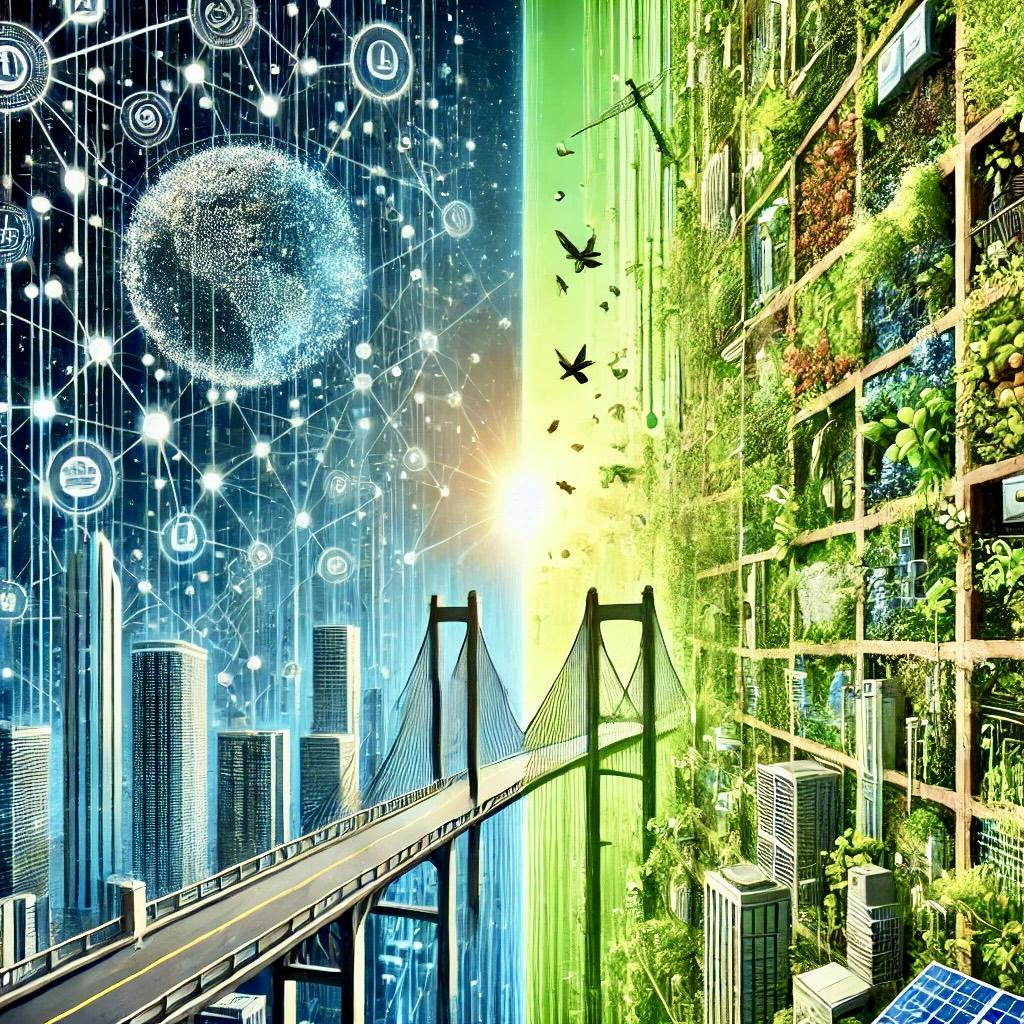
In an era where digital prowess meets environmental urgency, we find an unexpected harmony between Jaron Lanier's philosophies on data dignity and the ground-breaking sustainable approach of ReLeaf. Here, we explore this synergy.
Who Owns the Future? by Jaron Lanier
Jaron Lanier, prominent computer scientist and author of Who Owns the Future?, promotes the idea of data dignity, an economic model where users are compensated for their data used by technology companies. His vision transforms users from passive contributors to active, paid participants in the digital economy.
Under Lanier's framework, users could receive ongoing payments or "micro royalties" whenever their data is utilized. He envisions an "information economy" where data creators continually receive credit and compensation for their contributions. This equitable approach upends the traditional data market dynamics, fostering an ecosystem where everyone profits from their digital footprint.
ReLeaf's Eco-Innovation Model
ReLeaf, an environmental startup, stands at the vanguard of sustainable business models. Their mission is to convert waste into vertical gardens, driving the principles of a circular economy.
Investors in ReLeaf help fund this transformative process, creating a continuous income stream in return. The company’s commitment to fair wages and residual income for investors reflects a sustainability ethos that extends beyond environmental concerns, encompassing socio-economic fairness too.
Bridging Lanier's Data Dignity with ReLeaf's Green Model
Despite operating in different spheres — one digital, the other physical — Lanier's and ReLeaf's models share the common ground of continuous compensation for contributors.
Applying Lanier's data dignity concept to ReLeaf’s realm, we can envision a scenario where each time waste is repurposed into a vertical garden, a micro royalty is paid to the individual who properly disposed of the waste. This aligns waste management with personal profitability, fostering a more sustainable environmental behavior.
Inversely, the tech world could take cues from ReLeaf's practice, channeling profits back to their user base, thus implementing a form of digital circular economy. The data that users generate could, therefore, translate into a reliable income stream, echoing ReLeaf's sustainable income model.
🍃
The fusion of Lanier's data dignity vision from Who Owns the Future? with ReLeaf's circular economy offers a fascinating blueprint for the future. It sketches a world where every data point and every piece of waste not only contributes to the larger system but also pays dividends to its originator.
This shared vision brings us closer to a world where we all own a piece of the future, be it green or digital, crafting a narrative where everyone benefits from their contributions. Sustainability, it turns out, might just be the ultimate information economy.